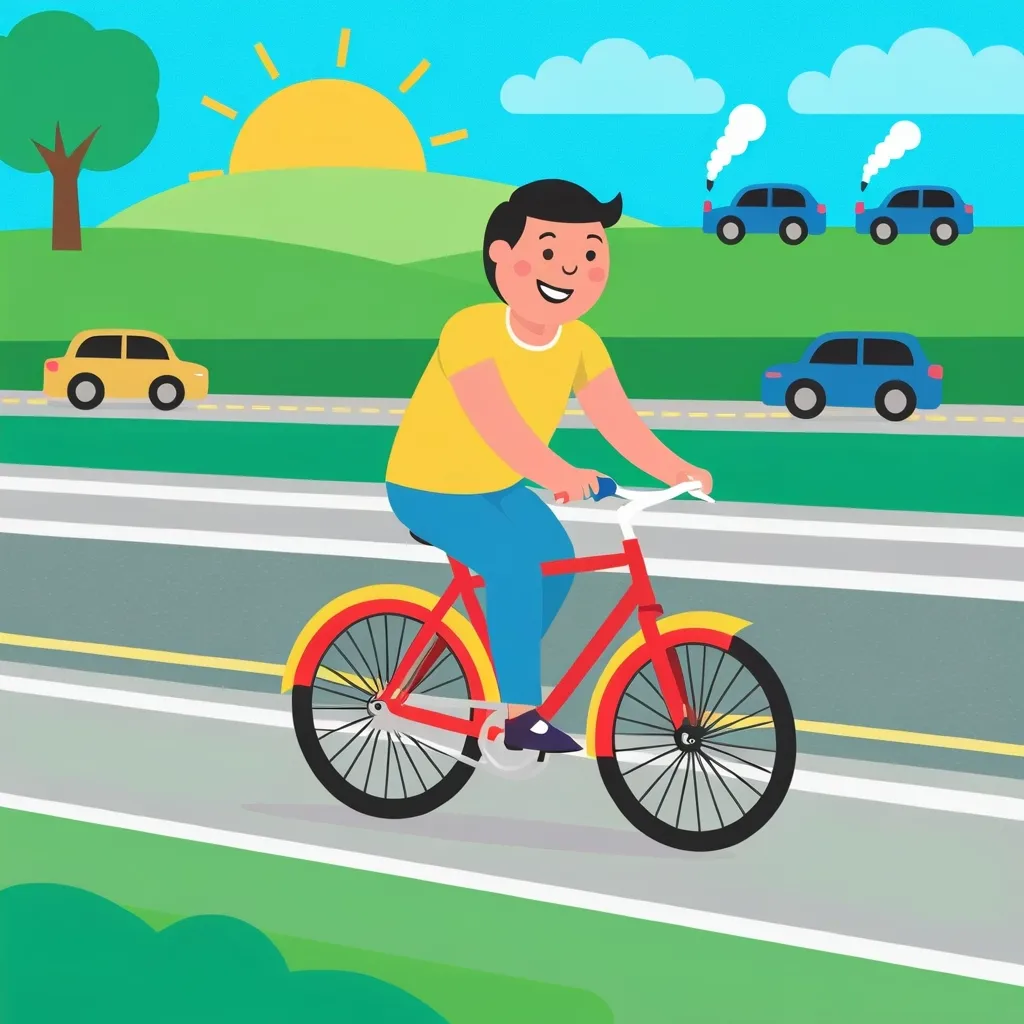Decision fatigue is something that hits us all, making it harder to maintain good judgment as the day goes on. It’s that mental tiredness from having to make too many choices. To keep your brain sharp and make decisions easier, it’s key to simplify things and adopt a few handy tricks.
Starting your day right is a game-changer. Making important decisions first thing in the morning helps cut down on decision fatigue. When you tackle tough tasks early, you’re using your mental energy when it’s freshest. This way, you’re not facing those heavy choices later when your brain is more drained. So, if you need to make a crucial phone call or dive into a challenging project, do it in the morning when you’re most focused.
Simplifying routine choices can seriously cut down on daily decision fatigue. Take a leaf out of Steve Jobs and Barack Obama’s book: wear similar outfits each day. It eliminates the decision-making process for something as simple as clothing, saving mental energy for bigger decisions. The same goes for planning meals. Deciding what to eat every day can be surprisingly draining, but prepping meals ahead of time can bring significant relief.
Having countless options can be overwhelming and contribute massively to decision fatigue. Limiting your choices can be freeing. For example, instead of scrolling through an endless list of TV shows, stick to a few favorite channels or series. This applies to many areas of life - from what you wear to investment opportunities. Fewer options mean less mental strain.
Routines are your best friend when it comes to minimizing decisions. A structured morning or bedtime routine can help you start and end your day consistently, reducing the need for constant decision-making. Having a set workout schedule or a fixed sleep routine means you won’t be debating when to exercise or head to bed every day.
Distractions can worsen decision fatigue by constantly pulling your focus away from what’s important. Checking your phone, browsing social media, or watching TV can sap your willpower and make it tougher to concentrate on key decisions. Eliminating these distractions can help you stay on track. Create a distraction-free zone for important tasks to keep your mind clear.
Rest is crucial. Physical tiredness can also lead to decision fatigue. When you’re tired, you’re more likely to make bad decisions. Taking short breaks throughout the day can refresh your mind, whether it’s a quick nap or a brief walk. A good night’s sleep is also essential - it helps ease stress and boosts mental health.
Not all decisions need to come from you. Sharing decision-making can ease your mental load. For instance, let your partner plan dinner every other night. At work, delegate tasks to colleagues. This reduces your own decision fatigue and taps into the strengths of others, lightening the load all around.
Taking time to reflect on your decisions and their outcomes can fine-tune your decision-making process. This means thinking about what went well and what didn’t, then adjusting accordingly. It’s a way to build self-awareness about how you decide and spot areas where you might be overthinking or procrastinating.
Mental heuristics, or shortcuts, can be a lifesaver when it comes to quick decision-making. Developing these shortcuts helps you decide faster and with less effort. Have predefined criteria for certain decisions to make the process smoother and more confident.
Procrastinating decisions until the last minute can ramp up stress and decision fatigue. Scheduling tasks and decisions ahead of time can sidestep this. Planning workouts, groceries, or other regular tasks in advance means you’re not forced into making those calls on the fly, which can be draining.
Your body clock holds a lot of sway in how efficiently you make decisions. Many people think more clearly before lunch. Scheduling important decisions for the morning aligns with your natural energy peaks, helping you make critical choices when you’re most alert.
Gaining insights from others can lighten the decision-making burden. Friends, family, or colleagues can provide different perspectives and make the process easier. This collaboration not only shares the load but enriches the decision with diverse views.
Recognizing the signs of decision fatigue is critical. It can show up as a lack of focus, mood changes, procrastination, or impulsive choices. Spotting these early can help you take steps to reduce their impact. If you’re easily distracted or irritable while deciding, it could be a sign of decision fatigue.
A positive mindset about willpower can influence your experience of decision fatigue. People who see willpower as energizing rather than draining tend to suffer less from decision fatigue. Shifting your outlook to view decision-making as a positive and invigorating process can make a huge difference.
These strategies can help you cut down decision fatigue and keep your mind clear throughout the day. Simplifying choices, establishing routines, and leaning on others are just a few ways to ensure you’re making the best decisions without exhausting your mental energy. It’s all about finding what works for you and taking conscious steps to save your mental strength for the choices that really matter.






